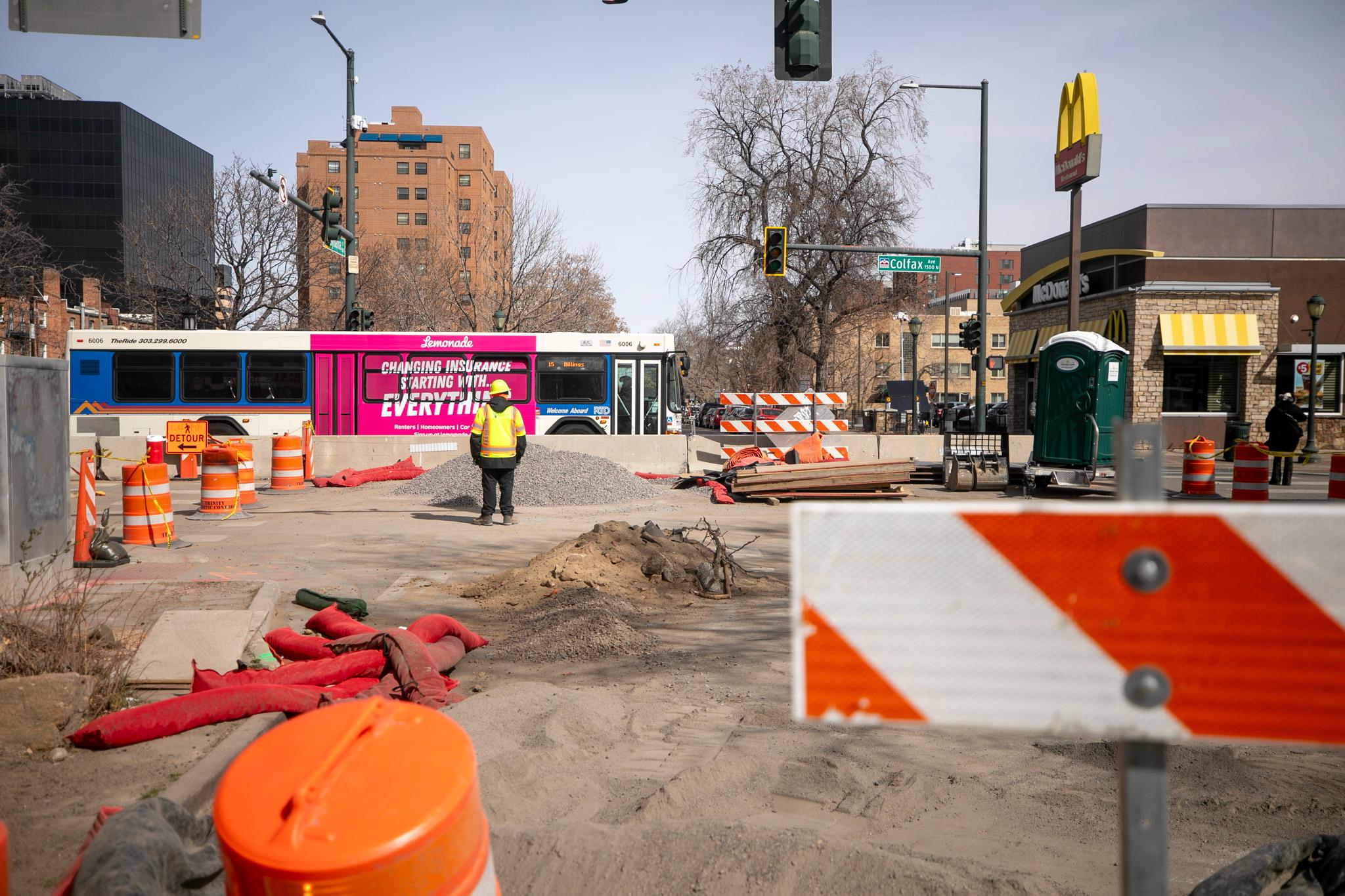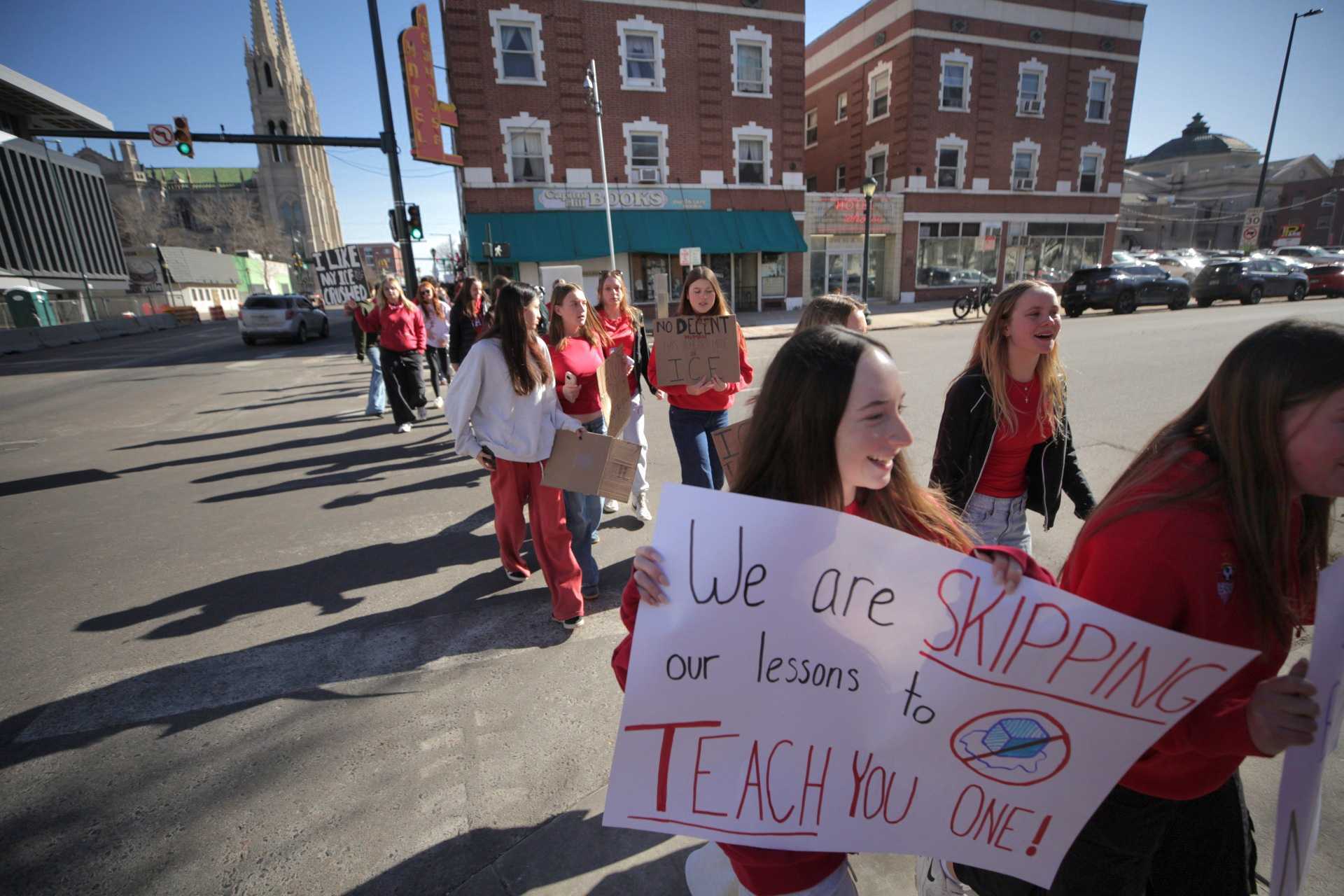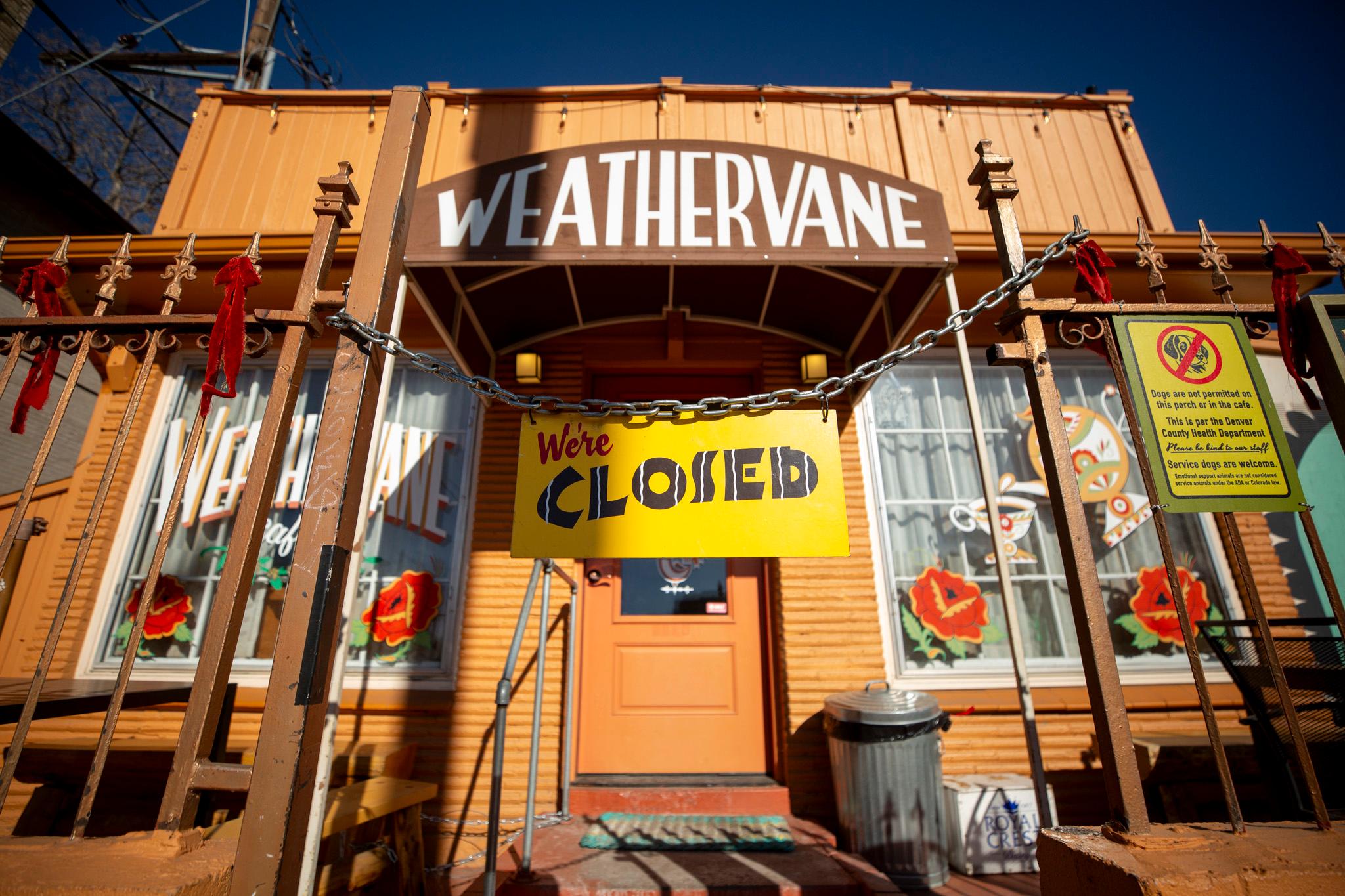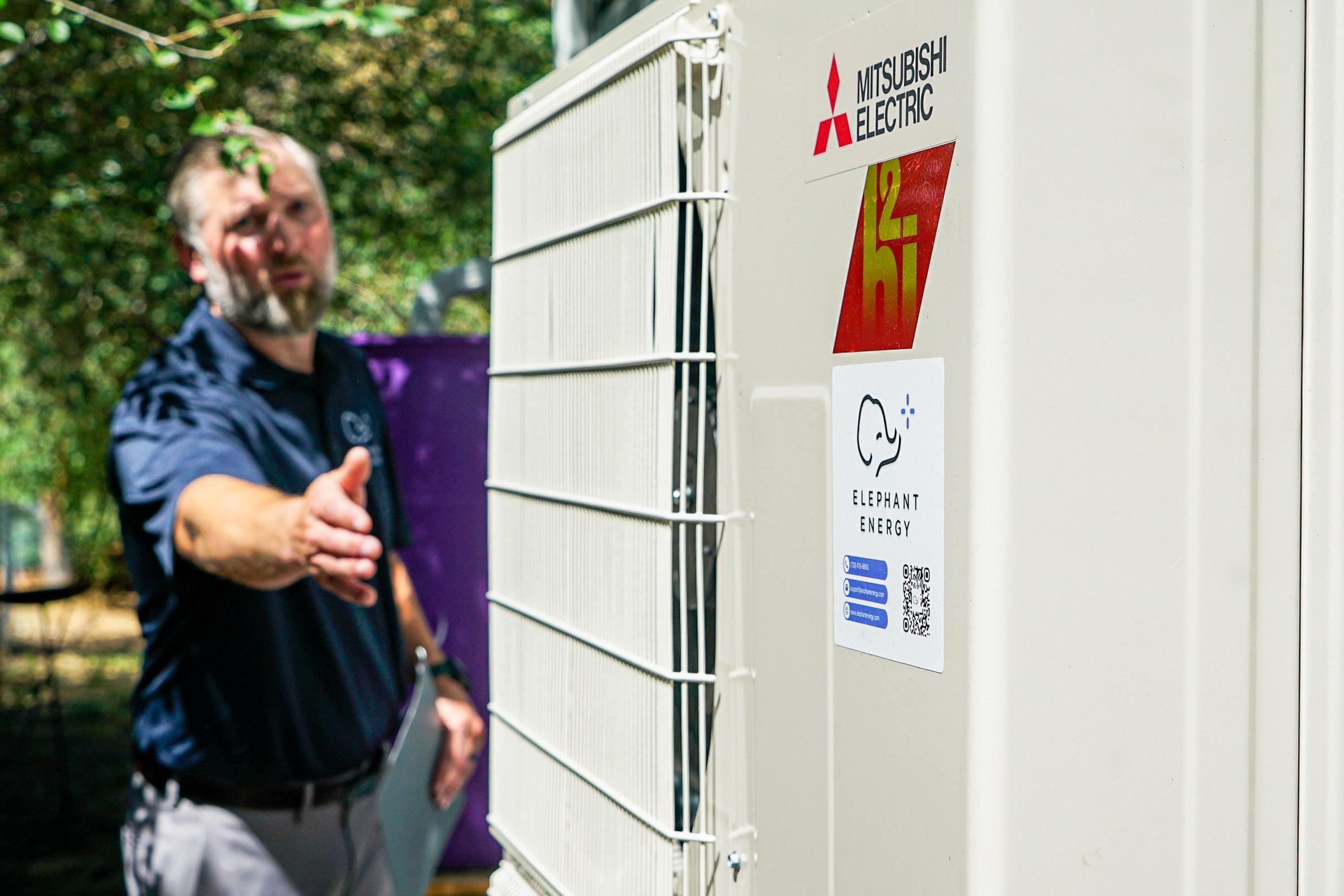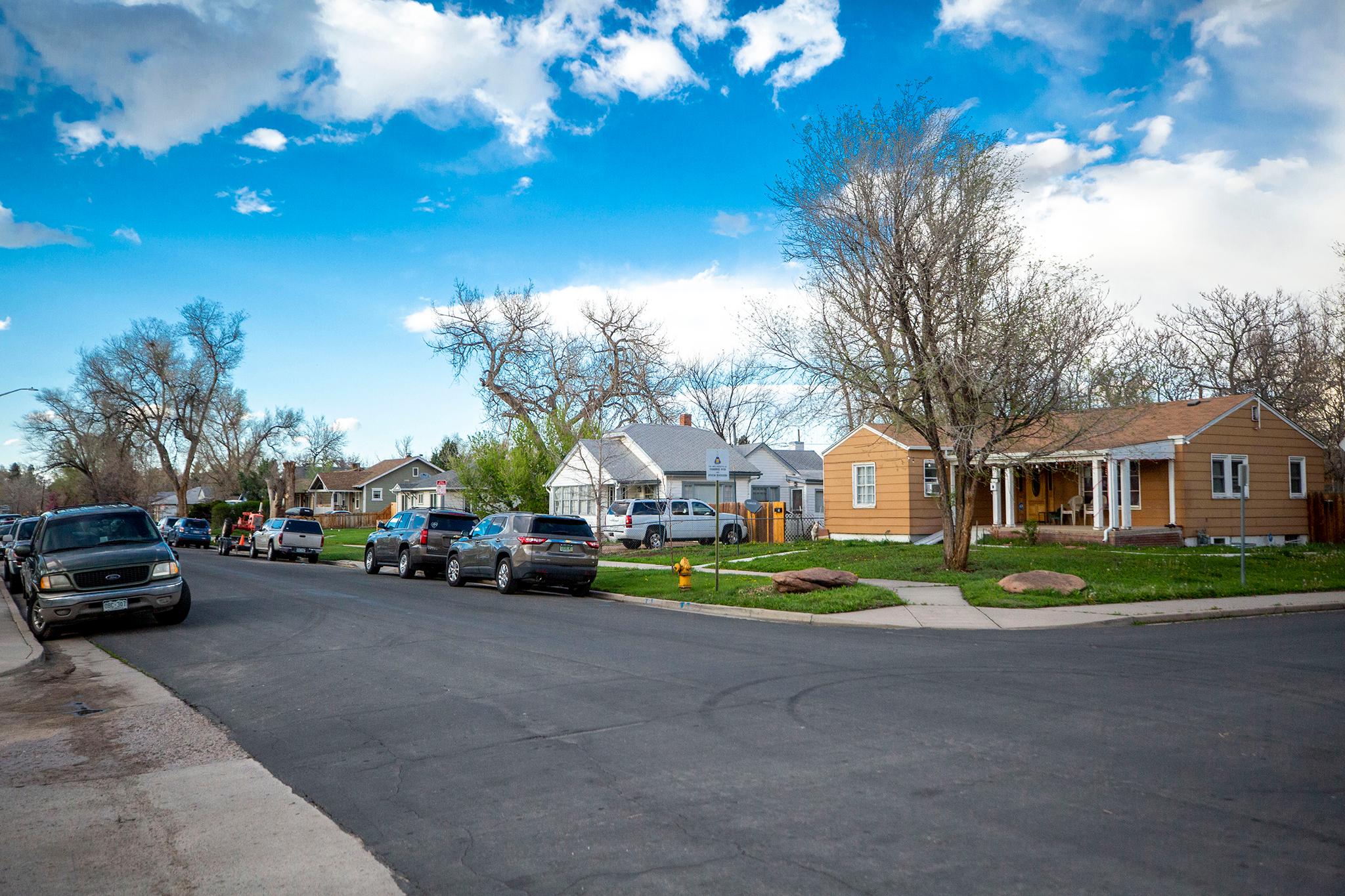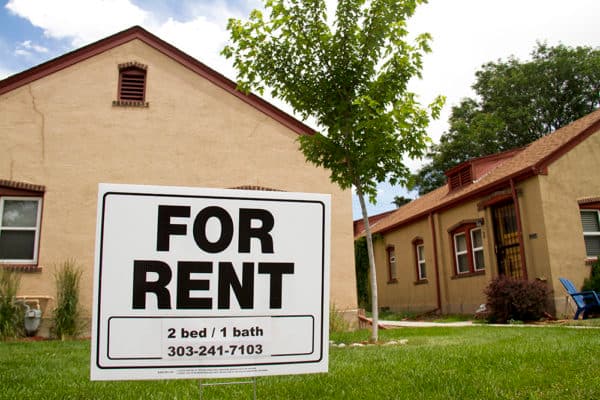
As Denver becomes a place where more people rent than own, State Rep. Dominique Jackson and advocacy group 9to5 Colorado think it’s time to update laws that protect tenants.
House Bill 18-397, introduced this week by Jackson and State Sen. Dominick Moreno, calls for significant amendments to the current "Warranty of Habitability," a state statute that holds landlords accountable for making sure their properties maintain basic safety standards. For instance, while the current statute requires landlords to provide weatherproof homes and functioning heaters, it doesn't specify mold as a violation of habitable standards, according to a summary of the proposed bill.
Under Jackson's legislation, mold would be a violation.
Currently in Colorado, landlords are given the presumption of good faith when it comes to raising the rent or evicting tenants after complaints are made about their property’s conditions. This means almost all of the burden is placed on the tenant to prove the conditions were worthy of retaliation.
"If a landlord punishes you in any way after a maintenance complaint, the assumption is the landlord is doing it in good faith," said Andrea Chiriboga-Flor, an organizer at 9to5 Colorado. "We are the only state that grants landlords the presumption of good faith; we’re looking to make it more fair. Currently, if you try to withhold rent because the landlord isn't doing their job, you’ll be evicted."
The proposed amendment to Colorado’s Warranty of Habitability provides greater protections for those withholding rent as long as it meets certain criteria.
9to5 Colorado believes the current wording of the statute allows landlords to take advantage of vulnerable populations. For instance, Chiriboga-Flor noted that language barriers may make it more difficult for non-English speakers to formally file their complaints.
She also said that the presumption in favor of the landlord may cause tenants to remain silent for fear of having to enter a red-hot Denver housing market fresh off of an eviction. The amendment looks to make communication between tenants and landlords easier and specifies that electronic notices can be used as official notifications to account for modern communication practices.
The proposed amendment would also make it significantly easier for tenants to take landlords to court as it removes the requirement for a tenant to contact a local government before filing an injunction. The amendment also allows those claims to be handled in county courts and small claims courts.
Not everyone agrees that this is the best solution for protecting tenants. Nancy Burke, vice president of government affairs at the Apartment Association of Metro Denver, says the legislation could potentially do more harm than good.
“Opening this statue is opening a big can of worms,” she said, adding that there is “no documentation to support a change.”
Burke strongly feels as though the missing element between tenants and landlords is education, something the Apartment Association hopes to provide more of going forward. "Landlords and tenants need to better communicate when it comes to signing their lease. We’re working on tools to help tenants better understand their lease and what to do if there is a problem," she said.
Burke says the legislation alone would not be enough to stop bad landlords from mistreating tenants, and some of the proposed changes will put landlords at a distinct disadvantage. “When people want to skip out on their rent and give a landlord 24 hours to fix a plumbing issue, we are not plumbers, to mandate something like this and say they can have it played in the court is unreasonable,” said Burke.


